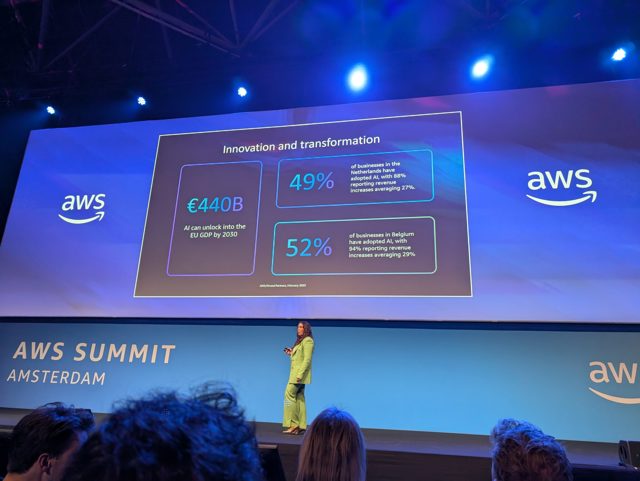< Back to news
The Shallow Brain hypothesis
Not only AI systems, but also theories of brain function often assume deep networks. The theory of Predictive Coding (predictive coding) provides an important framework for understanding brain functions, which posits that the brain constantly generates and updates internal models of the environment. Predictive Coding models also predominantly assume deep, hierarchically organised networks.
In a recent paper published in Nature Reviews Neuroscience, researchers from the University of Amsterdam and the University of Tartu (Estonia) propose a groundbreaking new theory - the Shallow Brain hypothesis - that challenges the commonly held view that neural computation occurs exclusively through hierarchical structures.
This article was published on the website of the University of Amsterdam (in Dutch).
The image was generated by the University of Amsterdam using Adobe Firefly (keywords: shallow brain architecture).


14 November 2023
A new theory sheds light on the ‘shallow’ structure of the brain and AI
Recent advances in artificial intelligence are astounding. Some people even claim that AI systems are already sentient.
These AI systems often use so-called 'deep learning' networks where information is processed through an accumulation of interconnected layers (therefore called 'deep'), each consisting of artificial, mathematically defined neurons. It is believed that deeper networks (i.e. with more and more layers of artificial neurons) have more computational power; therefore, the current trend in AI is to use such deep network architectures.
The Shallow Brain hypothesis
Not only AI systems, but also theories of brain function often assume deep networks. The theory of Predictive Coding (predictive coding) provides an important framework for understanding brain functions, which posits that the brain constantly generates and updates internal models of the environment. Predictive Coding models also predominantly assume deep, hierarchically organised networks.
In a recent paper published in Nature Reviews Neuroscience, researchers from the University of Amsterdam and the University of Tartu (Estonia) propose a groundbreaking new theory - the Shallow Brain hypothesis - that challenges the commonly held view that neural computation occurs exclusively through hierarchical structures.
According to this new theory, the brain is characterised by a shallow structure elegantly intertwined with the conventional, deep hierarchy of cortical regions. Shallow, fast parallel computations and deep, slow computations coexist in the brain without interfering with each other. They can even reinforce each other by offering shortcuts for decisions that would otherwise take too long. This theory inspires AI research to look for new directions and better imitate the brain.
This article was published on the website of the University of Amsterdam (in Dutch).
The image was generated by the University of Amsterdam using Adobe Firefly (keywords: shallow brain architecture).
Vergelijkbaar >
Similar news items

April 16, 2025
AWS: Dutch businesses are adopting AI faster than the European average
New research from AWS shows that Dutch businesses are rapidly adopting AI—at a rate of one new implementation every four minutes, well ahead of the European average.
read more >

April 16, 2025
Submit your nomination for the Dutch Applied AI Award 2025
Do you know or develop an innovative AI application? Submit it now for the 2025 Dutch Applied AI Award, presented at the Computable Awards.
read more >

April 16, 2025
UK government tests AI to predict murders
The UK government is developing an AI system that could predict who is most likely to commit a serious crime. Critics call the project dangerous and discriminatory.
read more >